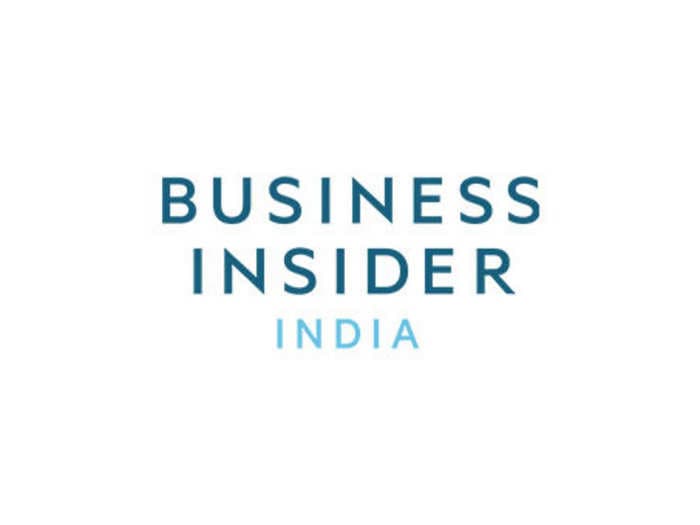- Home
- slideshows
- miscellaneous
- The biggest takeaways from the huge trove of Facebook emails that just leaked
The biggest takeaways from the huge trove of Facebook emails that just leaked
1. Facebook had a list of "strategic competitors" that it restricted access to.

2. Mark Zuckerberg personally approved Facebook's decision to cut off social network Vine's data.

One of the Facebook competitors Mark Zuckerberg played a personal role in stamping on was video social network Vine.
An email, dated 24 January 2013 (the day Vine launched on iOS) VP Justin Osofsky proposed shutting down the new app's access: "Twitter launched Vine today which lets you shoot multiple short video segments to make one single, 6-second video. As part of their NUX, you can find friends via FB. Unless anyone raises objections, we will shut down their friends API access today. We've prepared reactive PR, and I will let Jana know our decision."
Zuckerberg responded: "Yup, go for it."
3. Facebook tried to figure out how to grab users' call data without asking permission.

Ever-hungry for user data, In 2015 Facebook explored trying to access Android users' call logs and SMS history to use to feed into features like "People You May Know," while acknowledging the risk of user anger. "This is a pretty high-risk thing to do from a PR perspective nut it appears that the growth eam will charge ahead and do it," Michael LeBeau wrote.
Yul Kwon also said Facebook was looking into ways to grab call log data without even asking users for permission: "Based on [the Growth team's] initial testing, it seems this would allow us to upgrade users without subjecting them to an Android permissions dialog at all," they wrote.
Facebook's statement said: "This specific feature allows people to opt in to giving Facebook access to their call and text messaging logs in Facebook Lite and Messenger on Android devices. We use this information to do things like make better suggestions for people to call in Messenger and rank contact lists in Messenger and Facebook Lite."
4. Certain key apps were white-listed and given greater access to user data even after a broader clampdown.

In 2015, Facebook made major changes to its app developer platform — but a chosen few partners were "whitelisted," meaning they got more access to data than regular developers using Facebook's platform. These included Airbnb, Netflix, and Lyft.
5. Mark Zuckerberg privately admitted that what's good for the world isn't necessarily what's good for Facebook.

In one of the emails, Zuckerberg candidly admits that Facebook's interests aren't always aligned with those of its users and the broader "world."
Discussing third-party apps' access to Facebook's platform, the CEO talked about how to try and ensure users shared content on Facebook, rather than external platforms — even if it isn't in the users' best interests.
"However, that may be good for the world but it's not good for us unless people also share back to Facebook and that content increases the value of our network. So ultimately, I think the purpose of platform - even the read side is to increase sharing back into Facebook," he wrote.
6. Mark Zuckerberg suggested users' data was worth 10 cents a year.

Facebook has insisted that it has never sold user data — but one of the revelations from the documents is that the company discussed the possibility of charging for access to it.
In one October 2012 email, Zuckerberg discussed a potential monetization model that would let developers use Facebook's login tools or publish to Facebook for free, but would charge for "reading" data.
How much did he value his users at? Around $0.10 each, per year.
"A basic model could be: Login with Facebook is always free ... Pushing content to Facebook is always free ... Reading anything, including friends, costs a lot of money. Perhaps on the order of $0.10/user each year," he wrote.
In its response, Facebook said: "We explored multiple ways to build a sustainable business with developers who were building apps that were useful to people. But instead of requiring developers to buy advertising – the option discussed in these cherrypicked emails – we ultimately settled on a model where developers did not need to purchase advertising to access APIs and we continued to provide the developer platform for free."
Popular Right Now
Popular Keywords
Advertisement